
The Applied Artificial Intelligence Workshop. Start working with AI today, to build games, design decision trees, and train your own machine learning models Anthony So, William So, Zsolt Nagy
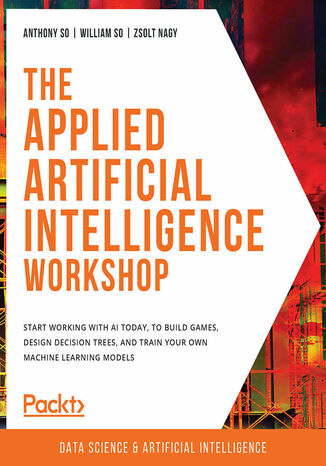



- Autorzy:
- Anthony So, William So, Zsolt Nagy
- Wydawnictwo:
- Packt Publishing
- Ocena:
- Stron:
- 420
- Dostępne formaty:
-
PDFePubMobi
 opcje wysyłki »
opcje wysyłki »
Opis
książki
:
The Applied Artificial Intelligence Workshop. Start working with AI today, to build games, design decision trees, and train your own machine learning models
The Applied Artificial Intelligence Workshop gets you started with applying AI with the help of practical exercises and useful examples, all put together cleverly to help you gain the skills to transform your career.
The book begins by teaching you how to predict outcomes using regression. You will then learn how to classify data using techniques such as k-nearest neighbor (KNN) and support vector machine (SVM) classifiers. As you progress, you’ll explore various decision trees by learning how to build a reliable decision tree model that can help your company find cars that clients are likely to buy. The final chapters will introduce you to deep learning and neural networks. Through various activities, such as predicting stock prices and recognizing handwritten digits, you’ll learn how to train and implement convolutional neural networks (CNNs) and recurrent neural networks (RNNs).
By the end of this applied AI book, you’ll have learned how to predict outcomes and train neural networks and be able to use various techniques to develop AI and ML models.
Wybrane bestsellery
Anthony So, William So, Zsolt Nagy - pozostałe książki
Packt Publishing - inne książki
Dzięki opcji "Druk na żądanie" do sprzedaży wracają tytuły Grupy Helion, które cieszyły sie dużym zainteresowaniem, a których nakład został wyprzedany.
Dla naszych Czytelników wydrukowaliśmy dodatkową pulę egzemplarzy w technice druku cyfrowego.
Co powinieneś wiedzieć o usłudze "Druk na żądanie":
- usługa obejmuje tylko widoczną poniżej listę tytułów, którą na bieżąco aktualizujemy;
- cena książki może być wyższa od początkowej ceny detalicznej, co jest spowodowane kosztami druku cyfrowego (wyższymi niż koszty tradycyjnego druku offsetowego). Obowiązująca cena jest zawsze podawana na stronie WWW książki;
- zawartość książki wraz z dodatkami (płyta CD, DVD) odpowiada jej pierwotnemu wydaniu i jest w pełni komplementarna;
- usługa nie obejmuje książek w kolorze.
Masz pytanie o konkretny tytuł? Napisz do nas: sklep@helion.pl
Książka drukowana



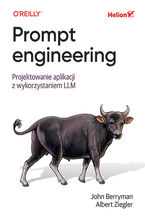




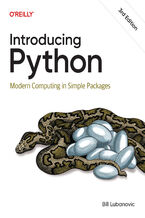



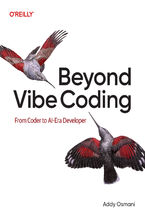

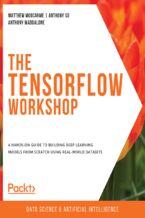
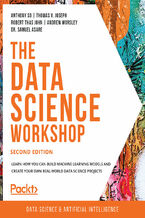
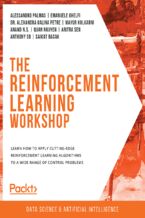
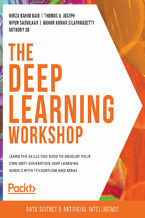
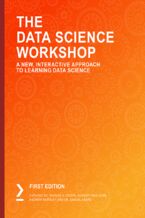
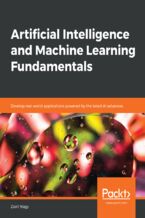
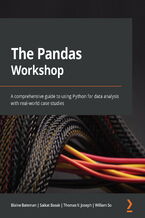





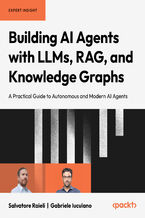
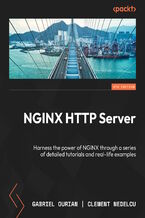
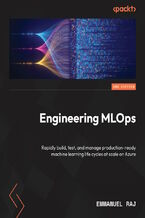

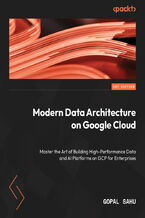
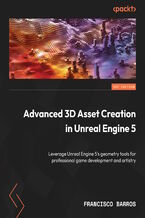
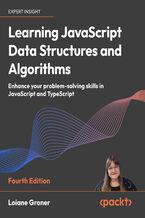
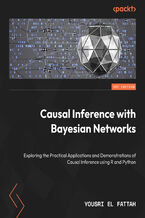
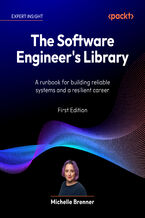




Oceny i opinie klientów: The Applied Artificial Intelligence Workshop. Start working with AI today, to build games, design decision trees, and train your own machine learning models Anthony So, William So, Zsolt Nagy
(0)